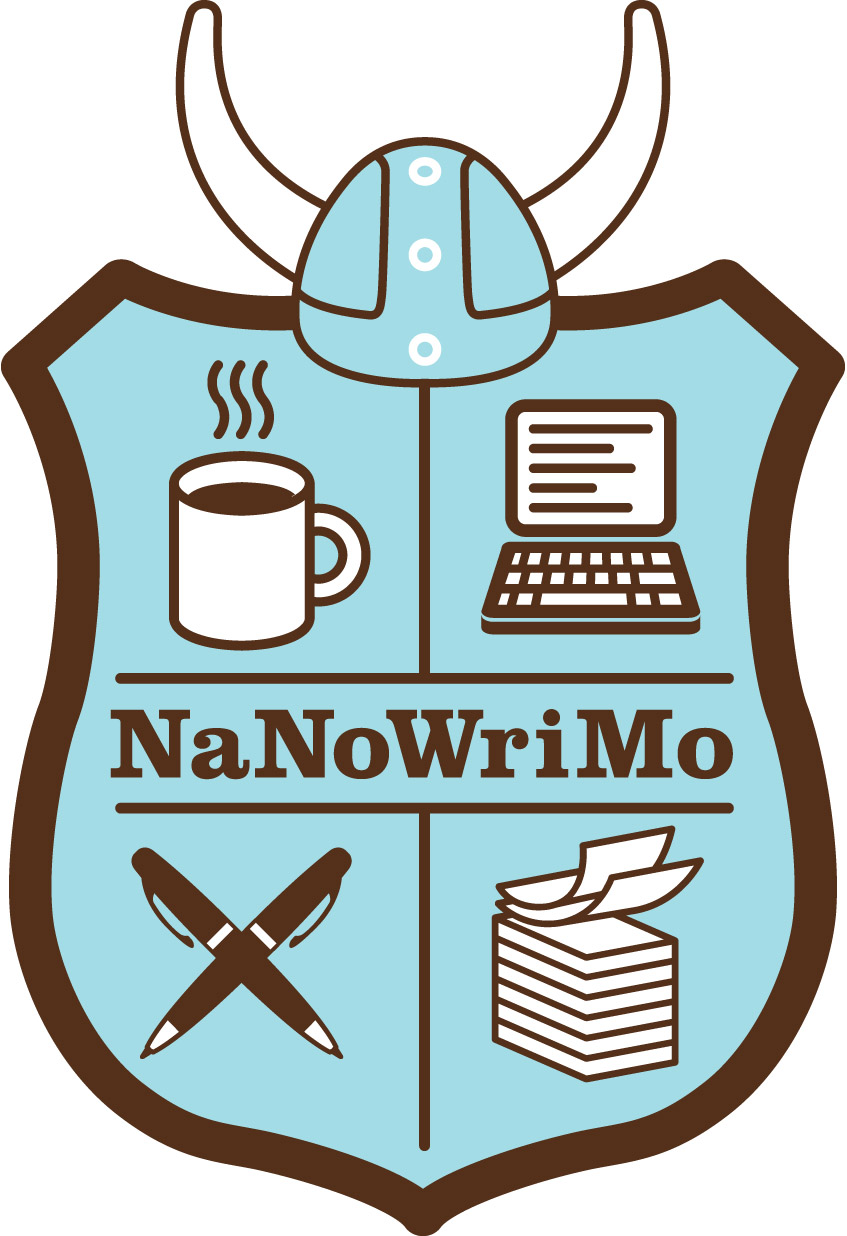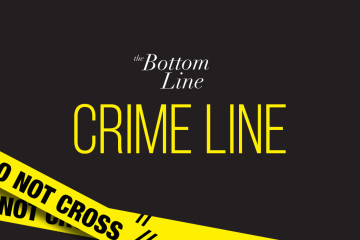Celebrating National Novel Writing Month: An Interview with Brad Barkley
It is nearly halfway through November, and there is a lot happening around campus. The wind is blowing with all of its gusto, the storm of final projects is beginning to descend, and everyone on campus is getting antsy for the Thanksgiving recess. November is more than cold weather and turkeys, however. It’s also National Novel Writing Month!
The task of writing a novel may seem incredibly daunting, but this is not a process that happens overnight, or even in the month of November! The purpose of NaNoWriMo is to catalyze your creative juices and get you writing every day. NaNoWriMo has a website that encourages young and unpublished writers to take just a small portion of time out of every November day to dedicate to their novel. Your goal is to have a 50,000 word rough draft by the end of November. The NaNoWriMo site encourages usage much like any other social progress tracking site: you can earn badges, ask around for inspiration, and communicate with other people who have a common goal in mind. The goal of NaNoWriMo is to convince young writers that their story matters.

Many of the professors here on campus have published novels, and their insight can be very helpful. It does not matter how many books you read or websites you browse trying to figure out how to write your novel; nothing can compare to the experience of another published author. I had the chance to interview Brad Barkley, an English professor here at FSU. His most well-known novels are “Money, Love,” published in 2000, and “Alison’s Automotive Repair Manual,” published in 2003. Both novels have received multiple awards.
Q: What works have you had published?
A: I have published seven books: Two novels and two story collection, plus three Young Adult novels
Q: What measures were taken to get said works published?
A: Mostly, lots of writing and work. There is no “secret” to publishing, no “tricks.” You work hard to write, and then you work hard to find the right agent.
Q: How many unpublished works do you have?
A: I have one novel that my agent is shopping around right now. I’ve been pretty lucky about publishing most of what I write.
Q: How long does it generally take you to write a novel?
A: It depends. One book took me four years, and another one took me eight weeks. Life interferes, and sometimes you are just in a slump, like hitters in baseball.
Q: Where do you gather inspiration from?
A: I’m not sure I believe that writing happens because of “inspiration.” I have influences, everything from Faulkner and Welty to bad B-movies and Mad Magazine. I like the oddness of people, and I like to write about that. Again, work. I don’t sit around waiting for the heavens to open up.
Q: What is your writing process?
A: I grab time when I can, mostly during Frostburg winters. I write a few pages at a time, and I don’t like to feel like I’m getting ahead of myself. I have a busy life otherwise, with teaching, plus I like to spend time with my wife, play with my dog, fly hang gliders, etc. Sometimes writing takes a back seat, and I’m cool with that.
Q: What is your favorite thing about writing novels?
A: The elbow room. You have a lot of space in a novel as opposed to a story. You can chase the story down any little detour you feel like.
Q: What advice do you have for young, unpublished writers?
A: Easy: write a lot and read a lot. Writing is like playing the guitar; the more you practice, the better you become.
Q: What is your favorite novel?
A: I’m not sure I have a favorite. Off the top of my head I might say “White Noise.”
Q: What author do you feel has influenced your works the most?
A: Probably Eudora Welty. She was a huge influence in my early stages. I loved the way she embraced her characters, her sense of the oddness of the world, and her quiet humor.
Featured image from cltampa.com



